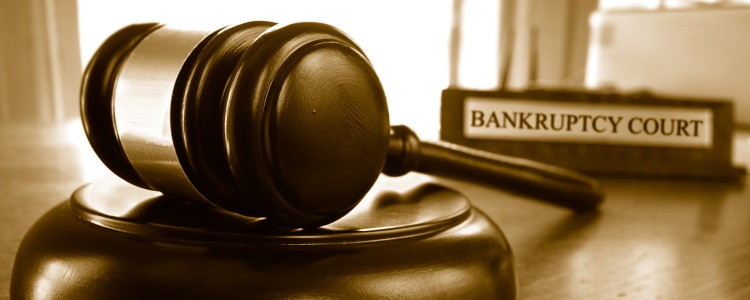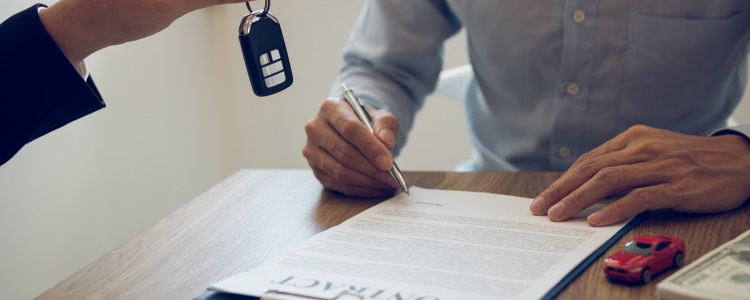Chapter 13 is one of the two types of bankruptcy normally filed by consumers in the U.S. In a Chapter 13 bankruptcy, filers are usually able to keep their property. However, there are rules about vehicles and car payments.
Whether or not you will be able to keep your car in Chapter 13 bankruptcy depends on how much equity you have in the vehicle. Also, the size of your payments and the value of the car in will be considered.
Why Equity in a Vehicle Matters in a Chapter 13 Bankruptcy
When someone files for a Chapter 13 bankruptcy, a repayment plan is arranged between the filer and the filer's creditors. A portion of the filer's income will go toward paying back debt over a period of three or five years. Any income that won't be going toward debt repayment must be justified. Meaning, the debtor is only allowed to keep the income required for necessary expenses.
Most of a Chapter 13 filer's property will be protected. Yet, as with a Chapter 7 bankruptcy, property will have either "exempt" or "nonexempt" status. A vehicle may be considered exempt up to a certain point. Basically, equity in the car may not exceed a certain dollar amount in order for the vehicle to be exempt.
So, if you have $2,000 of equity in a car that you're making payments on, and you're allowed $3,450 of equity in the vehicle, you're fine. But if you are allowed $3,450 and have $6,000 of equity in the car, it gets more difficult. In this case, you would have to surrender the vehicle unless you could pay $2,550 into your Chapter 13 plan.
Chapter 13 Bankruptcy and Your Car Payment
As mentioned, during a Chapter 13 repayment plan, much of a filer's income will go to creditors. A debtor is only allowed to keep enough of their income to cover necessary living expenses. So, while a car payment may be considered a necessary expense, it cannot exceed a certain amount.
For example, if you have a luxury vehicle with a high payment, this payment might not be considered a reasonable expense. In this case, you may have to surrender the vehicle. If this happens, however, you should be allowed to purchase a less expensive car that comes with lower payments.
If you are behind on your car payment when you file for a Chapter 13 bankruptcy, you will have a chance to catch up. In this situation, the amount of your missed payment(s) will simply be added to your repayment plan. At this point, as long as you are able to keep up with your regular car payments, you will be allowed to keep the car.
Also, Chapter 13 can be helpful to someone who is underwater in their auto loan. If you owe more on your loan balance than what your car is currently worth, you can ask for a "cramdown." With a cramdown, a lender agrees to reduce the amount of your loan to the vehicle's current value. For many lenders, this is cheaper than repossessing the car if you should decide to let it go. This option, though, is only available to consumers who have been paying on their vehicles for at least two and a half years.
Chapter 13 Bankruptcy and Repossession
One of the perks of bankruptcy is that the filer is immediately given protection against collection efforts. This protection is called the "automatic stay," and it applies to repossession as well. So, if you are behind on your car payments and file for Chapter 13, the lender cannot repossess your car.
In fact, if the lender has repossessed your vehicle right before you file, you may still be able to get it back. Therefore, if you know you will be filing for bankruptcy and your car is repossessed, you should call a lawyer immediately.
Auto Financing During and After Chapter 13
If you are in the middle of a Chapter 13 repayment plan or have just been discharged, your credit is most likely damaged. However, you may still need to finance a vehicle. Luckily, getting an auto loan with bad credit caused by bankruptcy is entirely possible.
The easiest way to get approved for a bankruptcy car loan is to work with a dealership that has connections with special finance lenders. Auto Credit Express can quickly match you with one of these dealerships right in your area, and it won't cost you a thing. Our service is free and our process is fast, so you won't waste your time or your money.
So, go ahead and fill out our simple, secure and obligation-free online application to get started today.
















